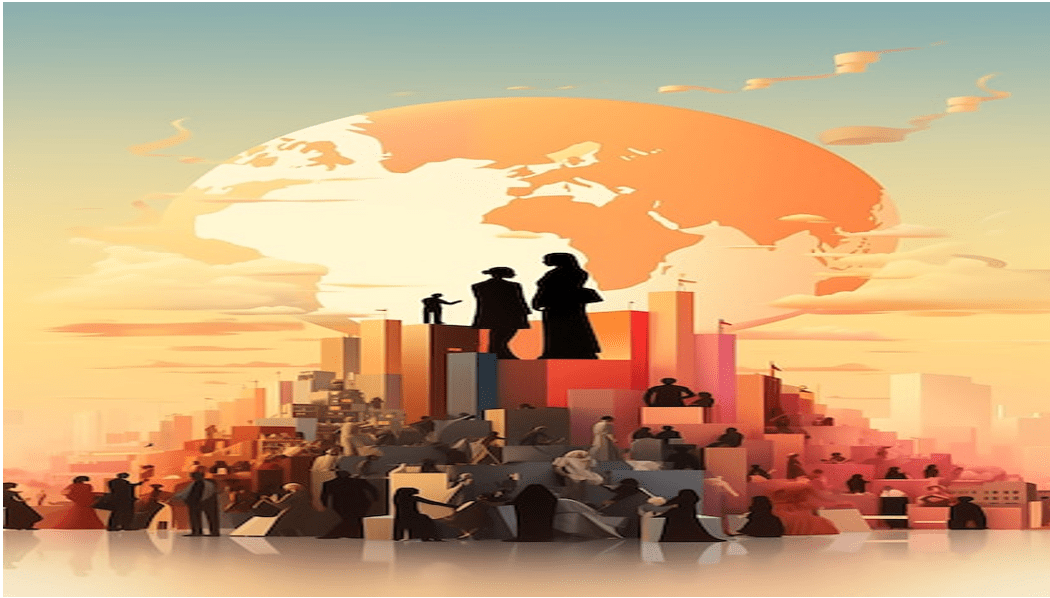India’s position in terms of gender equality has slipped two places according to the latest World Economic Forum’s Global Gender Gap Report. While Iceland continues to be the world leader in gender equality, India now finds itself at 129th position out of 146 countries.
This report measures progress towards gender parity across four key areas: economic participation (opportunities for women in the workplace), educational attainment (girls’ access to education), health and survival (wellbeing of women), and political empowerment (women’s participation in government).
Areas of Improvement and Decline
There were some bright spots for India in the report. The country performed well in terms of secondary education enrolment, ranking 65th globally. Additionally, India secured a respectable 10th position for the number of years with female heads of state in the past 50 years.
However, the decline in India’s ranking is mainly due to setbacks in educational attainment and political empowerment. While there’s progress in education overall, the gap between girls’ and boys’ opportunities has widened slightly. Similarly, there seems to be a decrease in women’s participation in political leadership positions.
Economic Participation Lags
One of the areas where India continues to struggle is economic parity. The report reveals that India is among the economies with the lowest levels of economic equality for women. This means a significant gap exists between the income earned by men and women.
South Asian Comparison
Within South Asia, India stands at fifth place. Bangladesh, Nepal, Sri Lanka, and Bhutan rank higher, while Pakistan holds the last position in the region.
The Road Ahead
The report highlights the need for continued efforts to close the gender gap in India. Focusing on increasing women’s participation in the workforce, ensuring equal pay for equal work, and providing more opportunities for women in leadership roles are crucial steps. Additionally, bridging the gap in educational attainment for girls and promoting women’s political participation are essential for progress.
While India has made some strides towards gender equality, there’s a long way to go. The latest report serves as a reminder of the challenges that remain and the urgent need for focused policies and initiatives to create a more equitable future for all.
